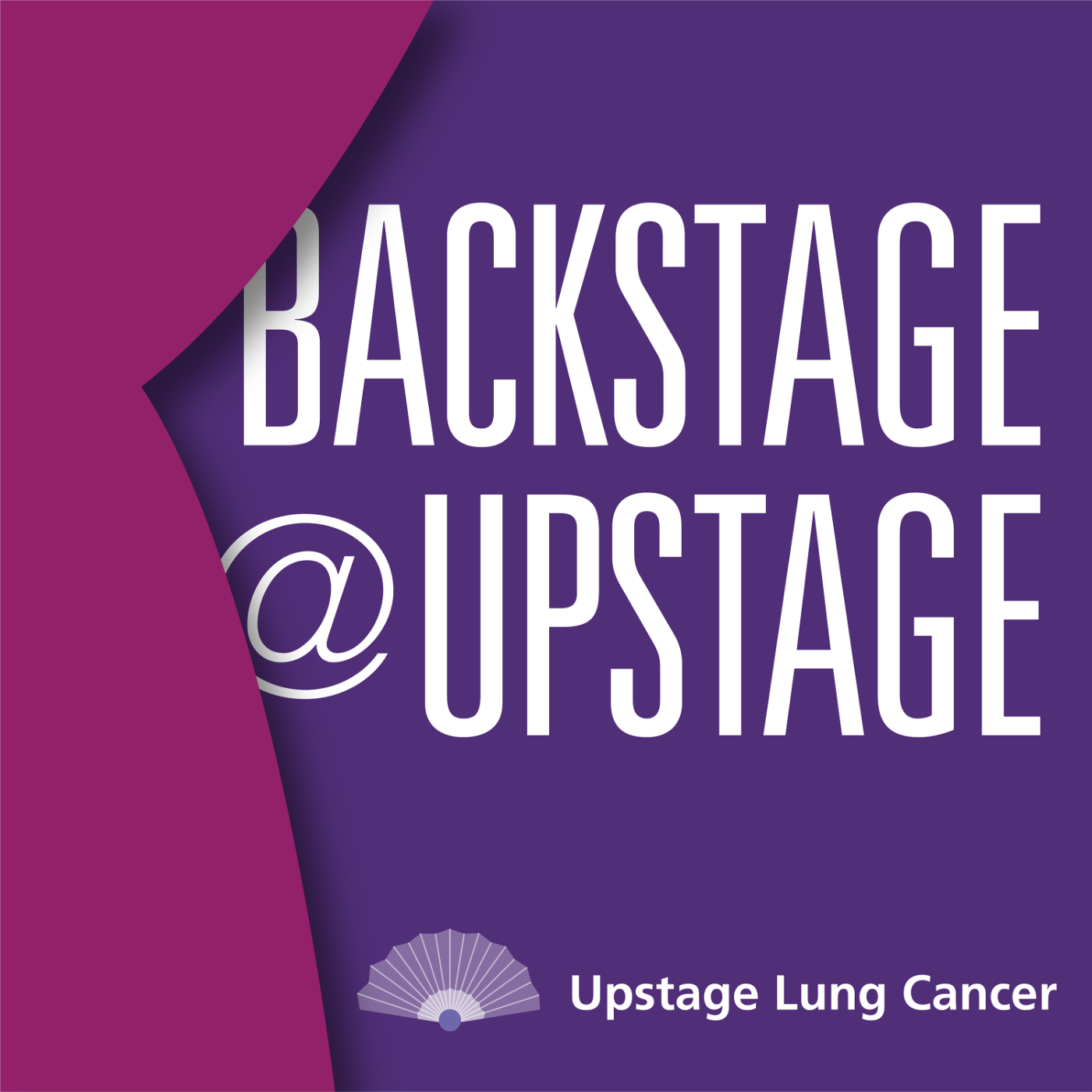- After-Shows
- Alternative
- Animals
- Animation
- Arts
- Astronomy
- Automotive
- Aviation
- Baseball
- Basketball
- Beauty
- Books
- Buddhism
- Business
- Careers
- Chemistry
- Christianity
- Climate
- Comedy
- Commentary
- Courses
- Crafts
- Cricket
- Cryptocurrency
- Culture
- Daily
- Design
- Documentary
- Drama
- Earth
- Education
- Entertainment
- Entrepreneurship
- Family
- Fantasy
- Fashion
- Fiction
- Film
- Fitness
- Food
- Football
- Games
- Garden
- Golf
- Government
- Health
- Hinduism
- History
- Hobbies
- Hockey
- Home
- How-To
- Improv
- Interviews
- Investing
- Islam
- Journals
- Judaism
- Kids
- Language
- Learning
- Leisure
- Life
- Management
- Manga
- Marketing
- Mathematics
- Medicine
- Mental
- Music
- Natural
- Nature
- News
- Non-Profit
- Nutrition
- Parenting
- Performing
- Personal
- Pets
- Philosophy
- Physics
- Places
- Politics
- Relationships
- Religion
- Reviews
- Role-Playing
- Rugby
- Running
- Science
- Self-Improvement
- Sexuality
- Soccer
- Social
- Society
- Spirituality
- Sports
- Stand-Up
- Stories
- Swimming
- TV
- Tabletop
- Technology
- Tennis
- Travel
- True Crime
- Episode-Games
- Visual
- Volleyball
- Weather
- Wilderness
- Wrestling
- Other
ACCESS TO HEALTHCARE IN RURAL AND BLACK COMMUNITIES Understanding Common Barriers and Overcoming Hurdles
HOST: HILDY GROSSMAN CO-HOST: JORDAN RICH<br /> GUEST: RAYMOND OSAROGIAGBON, MD, FACP, Director of the Multidisciplinary Thoracic Oncology Program at Baptist Cancer Center in Memphis, Tennessee. Many of us living in urban areas have some awareness and experience of barriers to healthcare, but we seldom consider the obstacles that face people living in rural areas. This is especially true where lung cancer is involved. Our guest, Dr. Osarogiagbon began his career in lung cancer in the 1990s, and at that time, a lot of folks questioned his decision to focus on a disease where life expectancy was so poor. He shares with us what inspired him to work with overlooked poor, rural and black communities. He also discusses the importance of research, what his research is currently focused on and where it continues to develop. Dr. Osarogiagbon talks about the impact of geography on a person’s health. For example, his practice is in Memphis, Tennessee, in the heart of the Southeastern US, where the lung cancer burden is the greatest and where outcomes tend to be the worst. The complexities in identifying and treating people with cancer in rural areas can have a substantial impact on health outcomes. Dr. Osarogiagbon also discusses some of the similar issues experienced by black communities in rural and urban areas. This is an important conversation you won’t want to miss.

